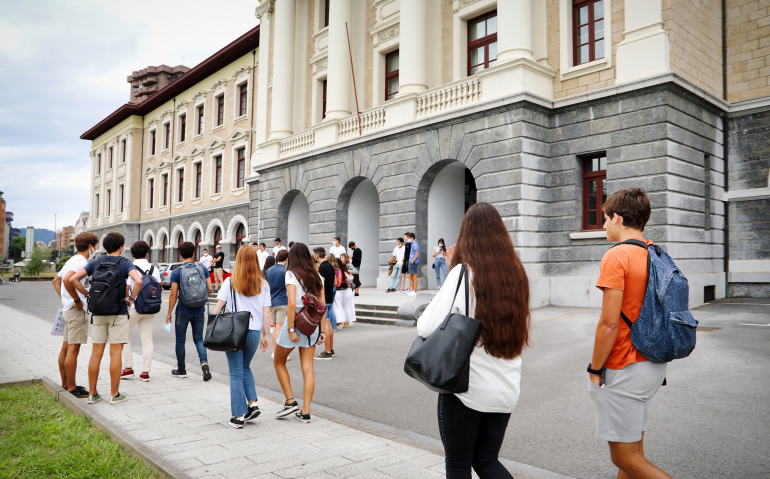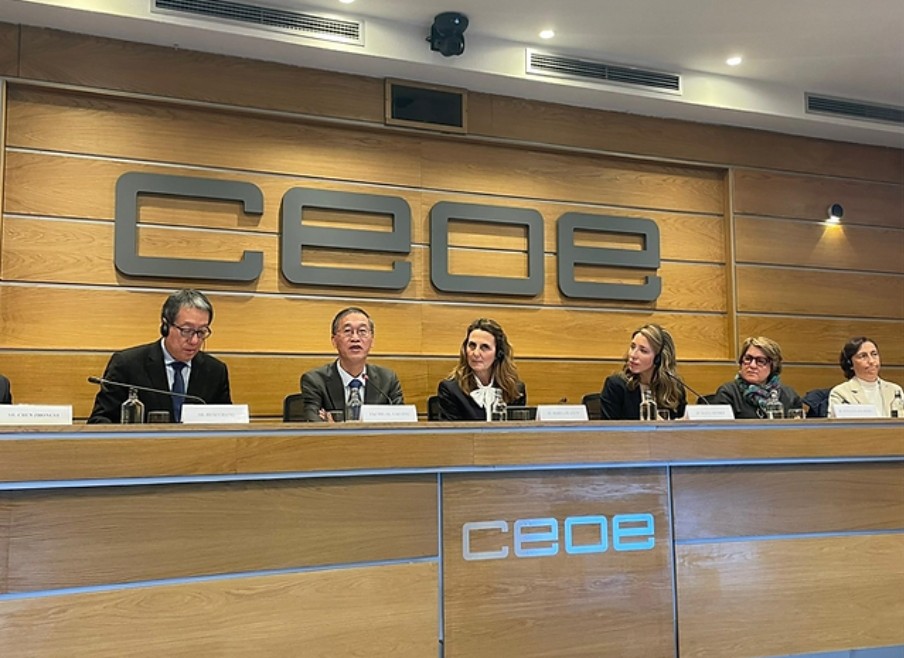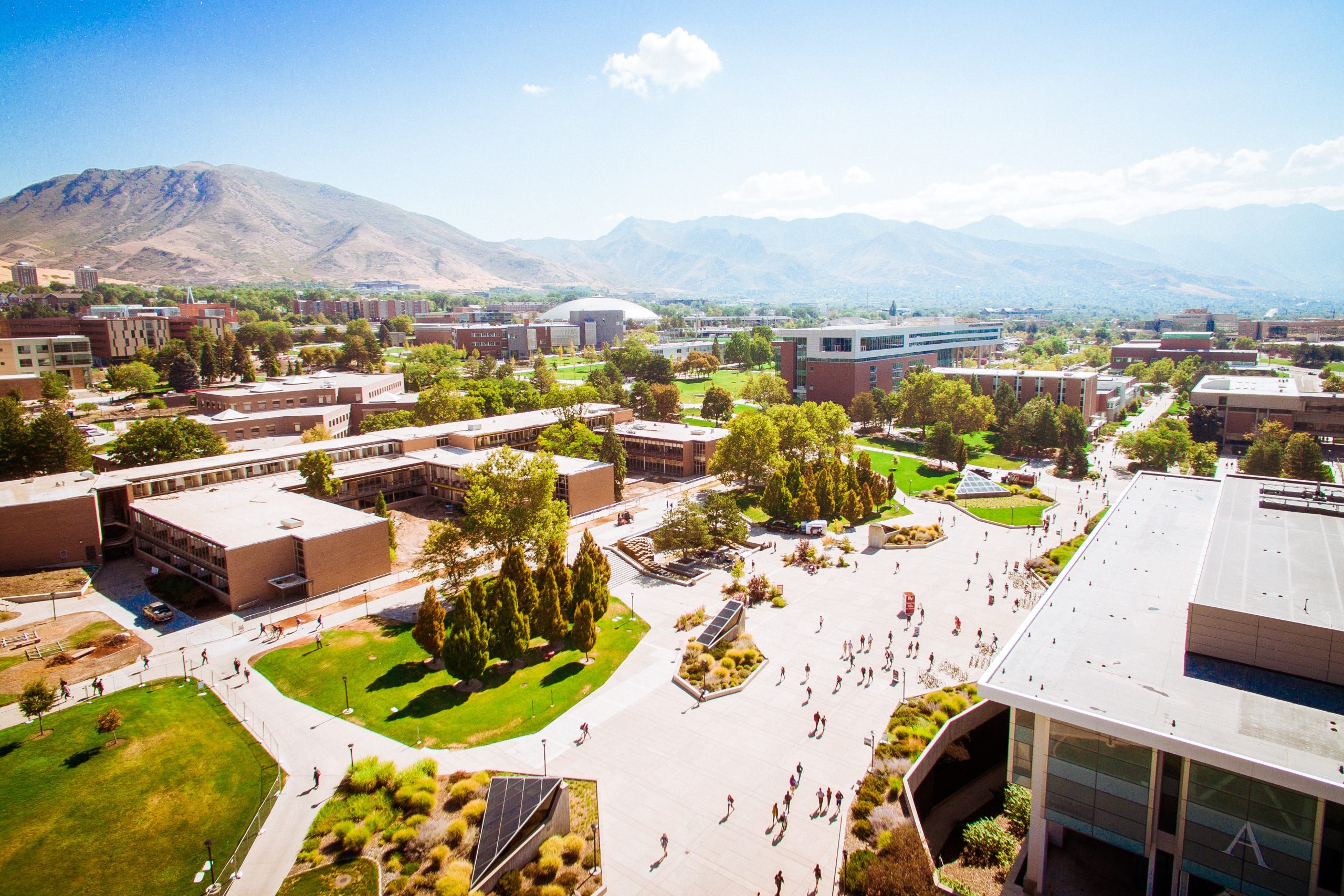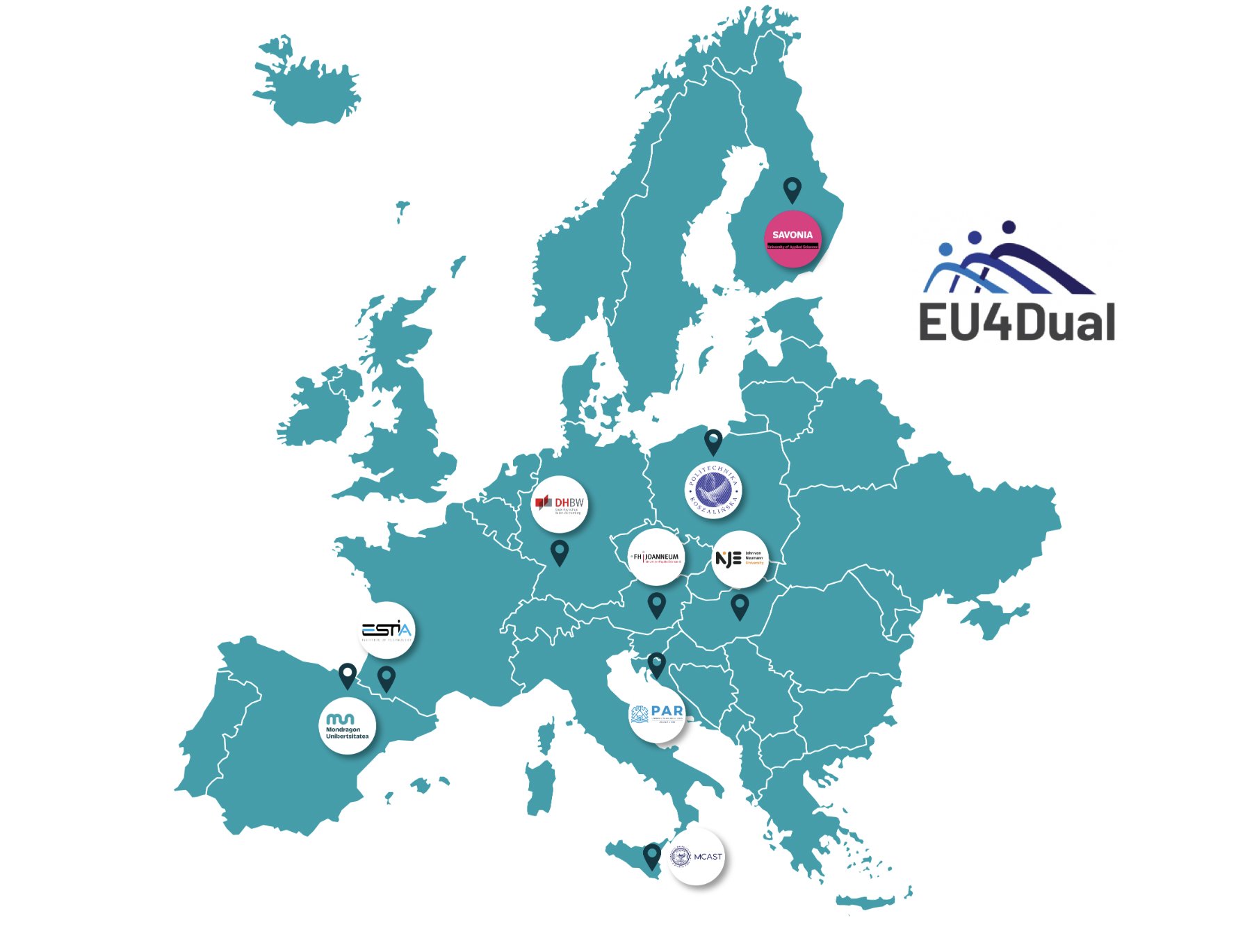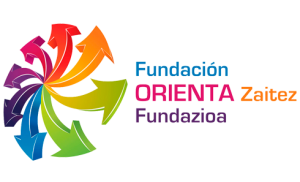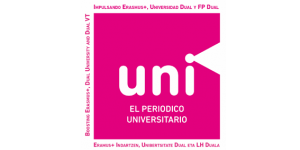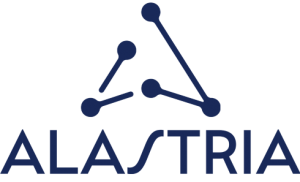What is the Degree?
The Degree is the first cycle of official university education.
Its purpose is the general training of the student, in one or more disciplines, aimed at preparing for the exercise of activities of a professional nature.
The passing of these teachings gives the right to obtain the official university degree of Graduate.
The degree obtained must be recognisable and relevant in society and in the national and European labour market.
-
The curricula of the Degrees have an extension of 240 ECTS credits (8 semesters or 4 academic courses), which contain all the theoretical and practical training that the student must acquire: basic aspects of the branch of knowledge, compulsory or optional subjects, seminars, external practices, directed works, final degree project and other training activities.
-
The Degree courses conclude with the preparation and defense of a Final Degree Project, which must have an extension between 6 and 30 ECTS credits.
-
El título de Graduado/a va adscrito alguna de las siguientes ramas de conocimiento: Artes y Humanidades, Ciencias, Ciencias de la Salud, Ciencias Sociales y Jurídicas, o Ingeniería y Arquitectura.
ECTS credit
The ECTS Credit is a system for measuring and comparing academic results. Computes the student’s working hours that are required for him to pass a subject, both face-to-face and non-face-to-face. Each credit is equivalent to 25 hours of work for the student valued globally. It is estimated that 60 ECTS credits will be the work for a full course, about 30 for a semester and 20 for each quarter. ECTS facilitates the recognition and transfer of studies carried out at one’s own or at another university.
The curriculum
The curriculum is the teachings organized by a university that lead to the obtaining of an official university degree that has full academic and professional effects.
In addition to official diplomas, universities may establish courses leading to their own diplomas and diplomas, as well as lifelong learning. These degrees can be undergraduate or postgraduate (master’s degrees, specialists, etc.). and they may not use the same denomination as official titles or have the same effects.
Postgraduate
As its name suggests, postgraduate education, within the context of the European Higher Education Area (EHEA), is understood as a second block of university education that is accessed after obtaining the graduate degree. The teachings that make up this level are, and in this order of access, those of Master and Doctorate.
The Master
The Master is the second cycle of university education. Its purpose is that the student acquires an advanced training, of a specialized or multidisciplinary nature, and oriented to academic and professional specialization, or to promote the initiation in research tasks. The passing of these teachings gives the right to obtain the title of Master’s Degree.
The curricula of the Master’s Degrees have an extension between 60 and 120 credits (between 1 and 2 academic years), which contain all the theoretical and practical training that the student has to acquire: compulsory subjects, optional subjects, seminars, external practices, directed works, Master’s thesis, evaluation activities, and other training activities.
These Master’s degrees conclude with the preparation and public defense of a Master’s Thesis, which must have an extension between 6 and 30 ECTS credits.
The Doctorate
The Doctorate incorporates the third cycle of university education and includes a period of training and a period of research (which constitutes, properly, the third cycle). Its purpose is the advanced training of the student in research techniques. It gives the right to obtain the title of Doctor, once publicly defended the doctoral thesis made on an original research work.
The European Diploma Supplement
The European Diploma Supplement (SET) is the document that gives European validity to the academic curriculum. It consists of an annex to the university degree in which the subjects studied, languages taught, credits completed, acquired competences, academic results and professional qualification of the graduate, master or doctorate, with their names and surnames, among other reliable accreditations throughout Europe, are detailed.
Its main objective is “to promote the employment of European citizens and the international competitiveness of the European higher education system”.


